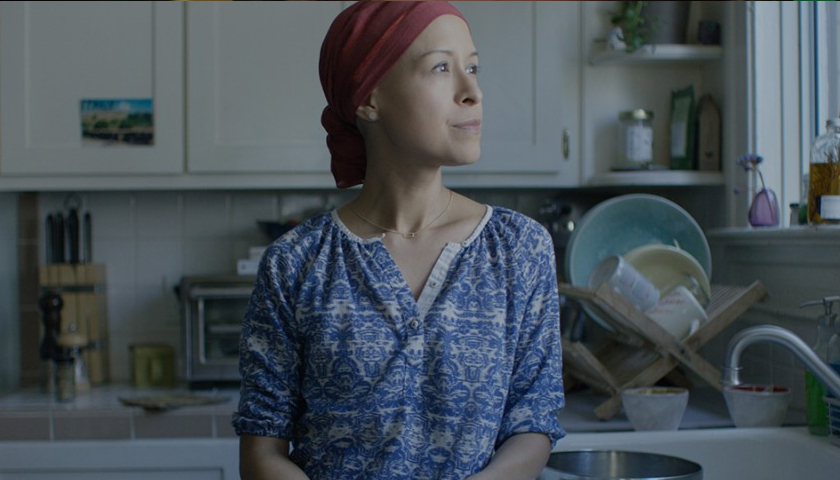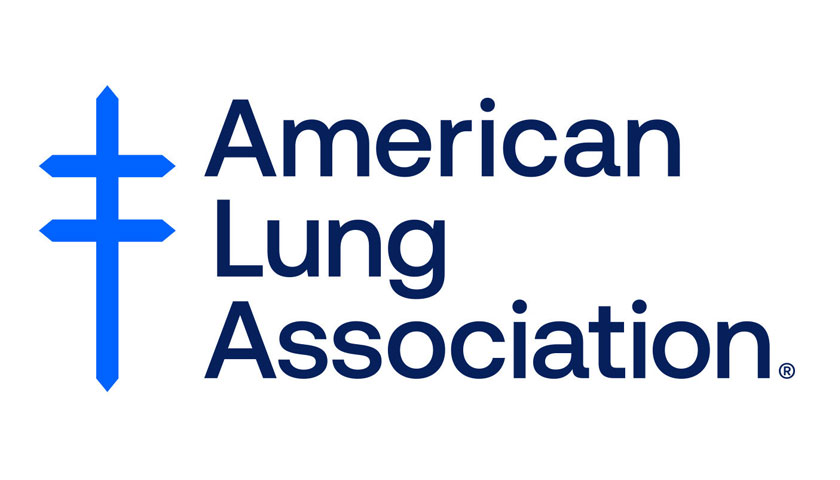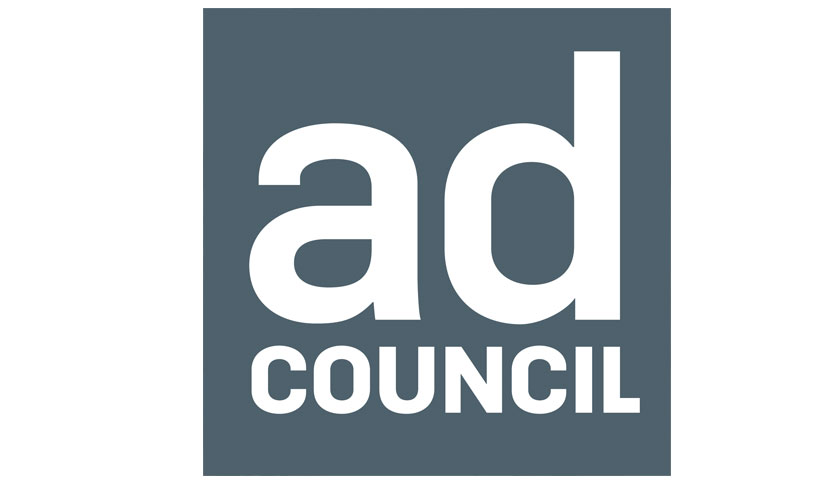Starting Nov. 26, the major U.S. tobacco companies must run court-ordered newspaper and television advertisements that tell the American public the truth about the deadly consequences of smoking and secondhand smoke, as well as the companies’ intentional design of cigarettes to make them more addictive.
The ads are the culmination of a long-running lawsuit the U.S. Department of Justice filed against the tobacco companies in 1999. A federal court in 2006 ordered the tobacco companies to make these “corrective statements” after finding that they had violated civil racketeering laws (RICO) and engaged in a decades-long conspiracy to deceive the American public about the health effects of smoking and how they marketed to children. The ads will finally run after 11 years of appeals by the tobacco companies aimed at delaying and weakening them.
The tobacco companies were ordered to post these ads by a federal court that found they engaged in massive wrongdoing that has resulted in “a staggering number of deaths per year, an immeasurable amount of human suffering and economic loss, and a profound burden on our national health care system,” as U.S. District Judge Gladys Kessler wrote in her 2006 final opinion.
Background on the Case and Corrective Statements
Judge Kessler issued her verdict against the major tobacco companies on August 17, 2006—a decision that has repeatedly been affirmed by the U.S. Court of Appeals, as recently as last year. In a 1,683-page opinion, she detailed how the tobacco companies “have marketed and sold their lethal products with zeal, with deception, with a singled-minded focus on their financial success, and without regard for the human tragedy or social costs that success exacted.”
Judge Kessler ordered the tobacco companies to publish corrective statements on five topics about which they had deliberately deceived the public:
- the adverse health effects of smoking;
- the addictiveness of smoking and nicotine;
- the lack of significant health benefit from smoking “low tar,” “light,” “ultra light,” “mild” and “natural” cigarettes (products that have been deceptively marketed as less harmful than regular cigarettes);
- the manipulation of cigarette design and composition to ensure optimum nicotine delivery; and
- the adverse health effects of exposure to secondhand smoke.
Starting November 26, the tobacco companies must place full-page print ads in the Sunday editions of more than 50 newspapers specified by the court (newspapers without a Sunday edition must run the ads on the previous Friday). Five ads – one on each of the corrective statements – will be published over a four-month period. The ads must also appear on the newspapers’ websites.
The TV ads will air on the major networks for one year, Monday through Thursday, between 7 p.m. and 10 p.m. The tobacco companies must also publish the corrective statements on their websites and cigarette packs, but the implementation details are still being finalized.
Tobacco company defendants in the case include Altria, its Philip Morris USA subsidiary and R.J. Reynolds.
Six public health organizations – the American Cancer Society, American Heart Association, American Lung Association, Americans for Nonsmokers’ Rights, National African American Tobacco Prevention Network and the Tobacco-Free Kids Action Fund (a 501c4 affiliate of the Campaign for Tobacco-Free Kids) – joined the case as intervenors in 2005 to ensure the public health interests were effectively presented to the court.
The public health intervenors are represented by the Washington, D.C., public interest law firm of Meyer Glitzenstein & Eubanks.
Links
https://www.tobaccofreekids.org/assets/content/what_we_do/industry_watch/doj/FinalOpinion.pdf


